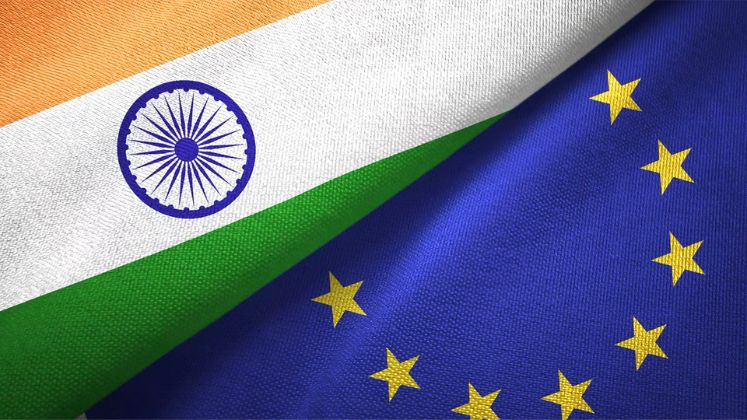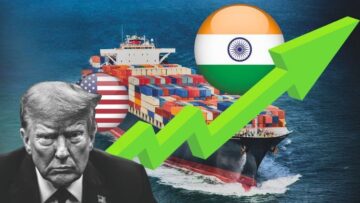
India and the European Union (EU) have started the 11th round of talks for their proposed Free Trade Agreement (FTA) in New Delhi on Monday. The primary goal is to swiftly complete the deal’s initial phase.
The EU team is now in Delhi for the negotiations, which are scheduled to conclude on 16th May. Both sides are focusing on important areas where they already agree, so those can be included early in the agreement.
To take stock of the progress and push the talks forward, Commerce Minister Piyush Goyal met EU leaders in Brussels on 1st May. A deadline of the end of this year was already agreed upon by European Commission President Ursula von der Leyen and Indian Prime Minister Narendra Modi.
India is now aiming to finalise more FTA agreements this year after concluding talks with the UK. Global trade uncertainties, especially due to past US tariff policies, are also pushing both India and the EU to speed things up.
A senior official said the deal will be done in two phases. The first part will cover topics where both sides are already aligned. The second phase, which includes more complex issues, is expected to be completed by the end of the year.
The deliberations will re-examine fundamental areas such as market access in goods, services, investment, and government procurement. The EU is imperative for lower tariffs on wines, automobiles, medical devices and robust intellectual property protections, while India searches for better access for exports such as pharmaceuticals, garments, and machinery.
In June 2022, negotiations resumed after an eight-year break in proceedings and now span 23 chapters, including trade in goods, services, investment, and sustainable development. The EU is India’s leading trading partner, with bilateral goods trade hitting US $ 137.41 billion in 2023–24.
India exported US $ 9.66 billion worth of textiles to Europe in FY 2024, a decrease from US $ 10.48 billion from the year before.
If tariffs drop to zero under the FTA, India’s apparel, especially non-knit items, could become more competitive, challenging rivals like Bangladesh and China.






